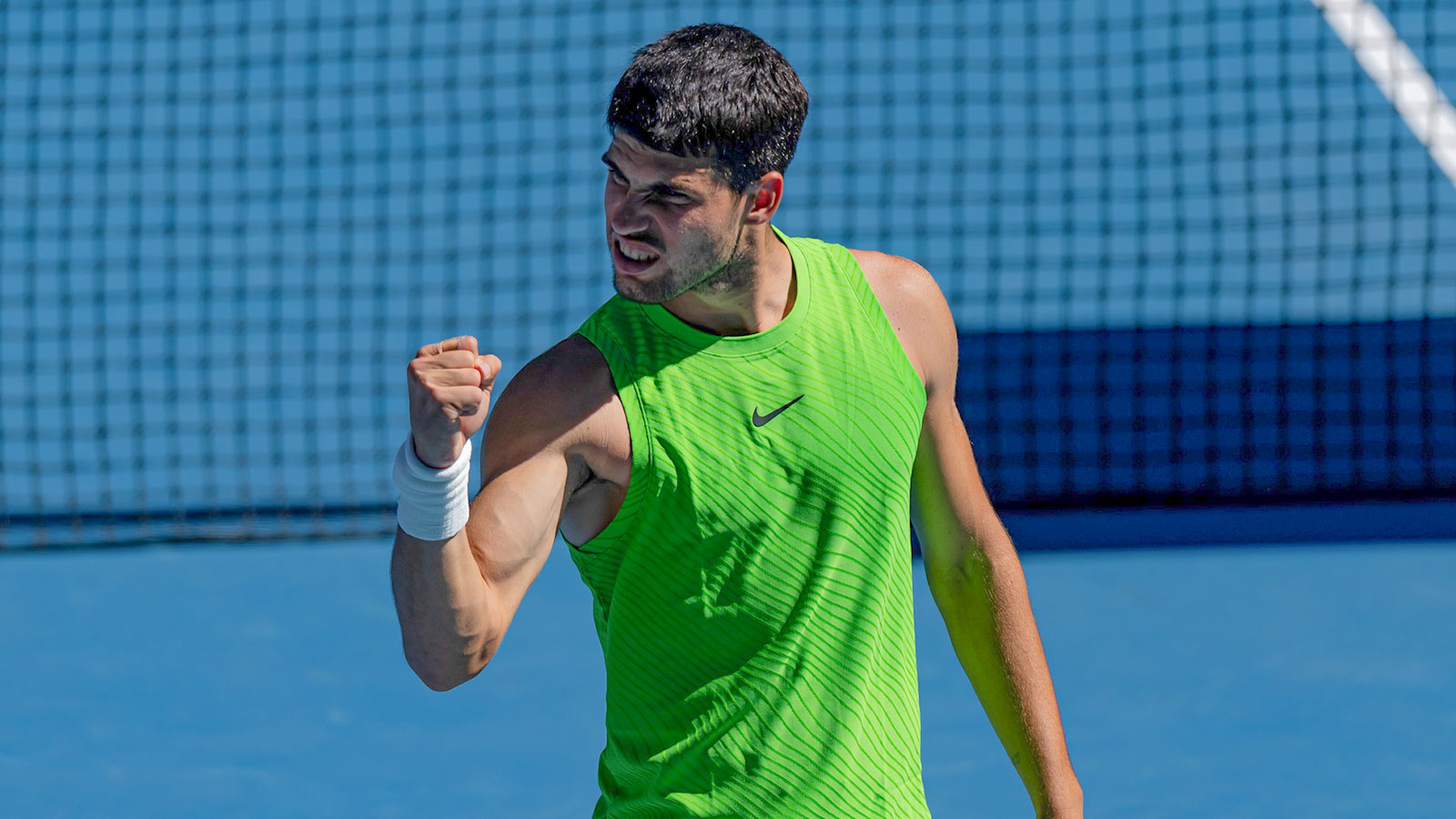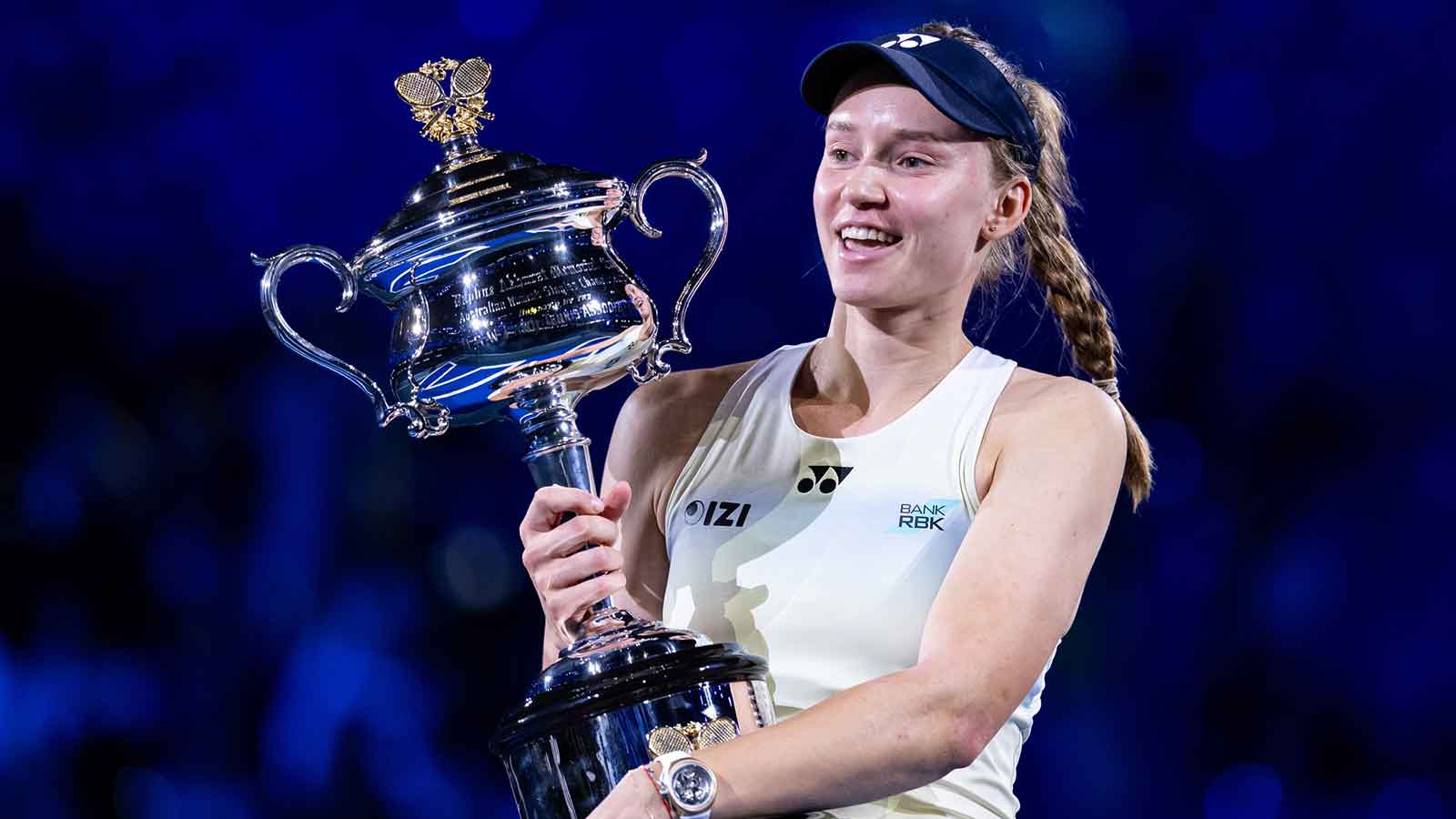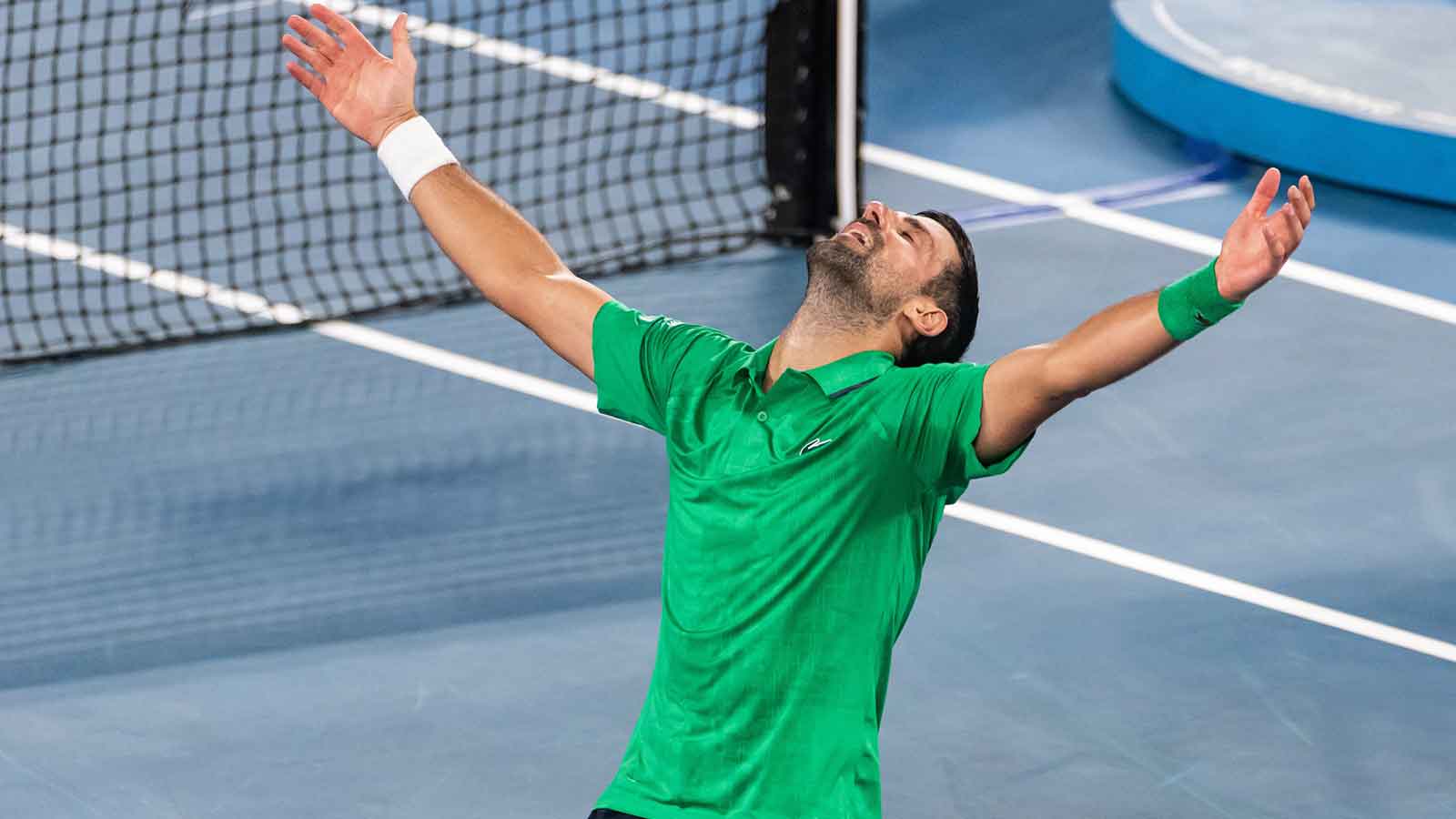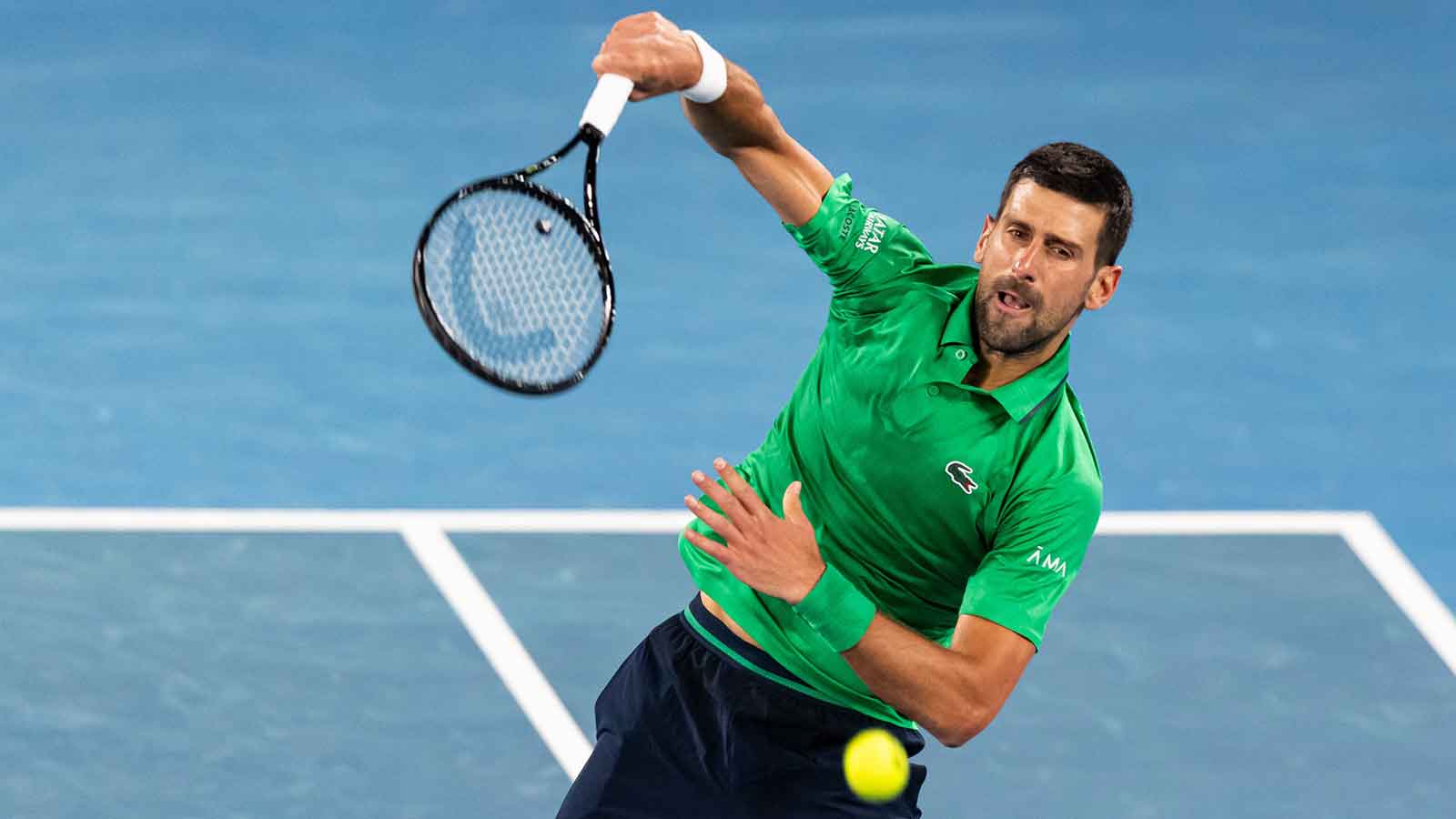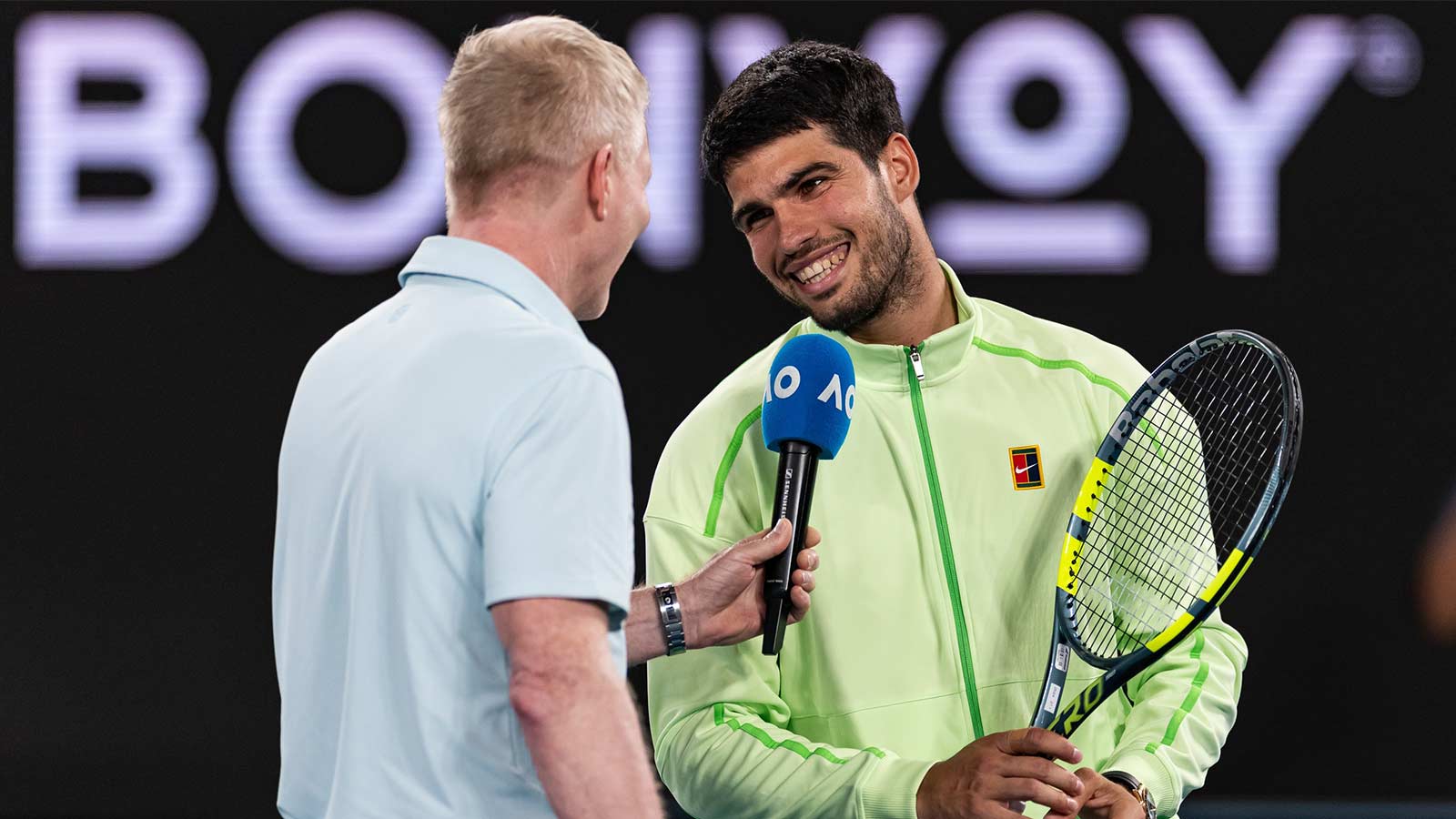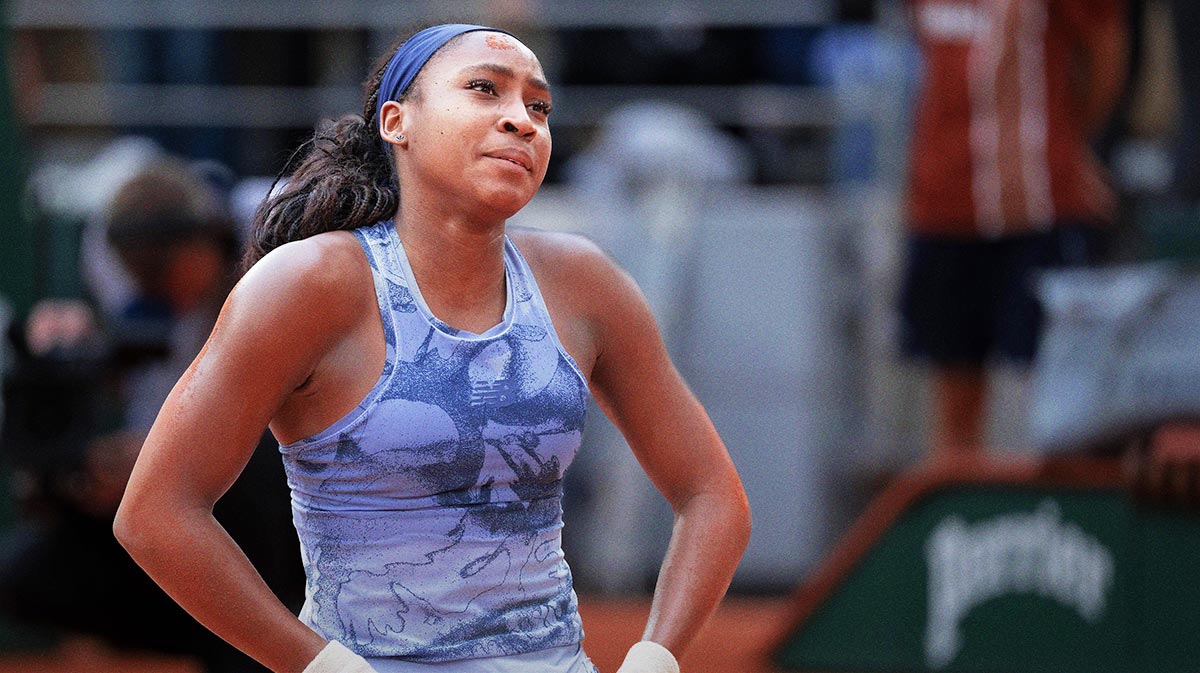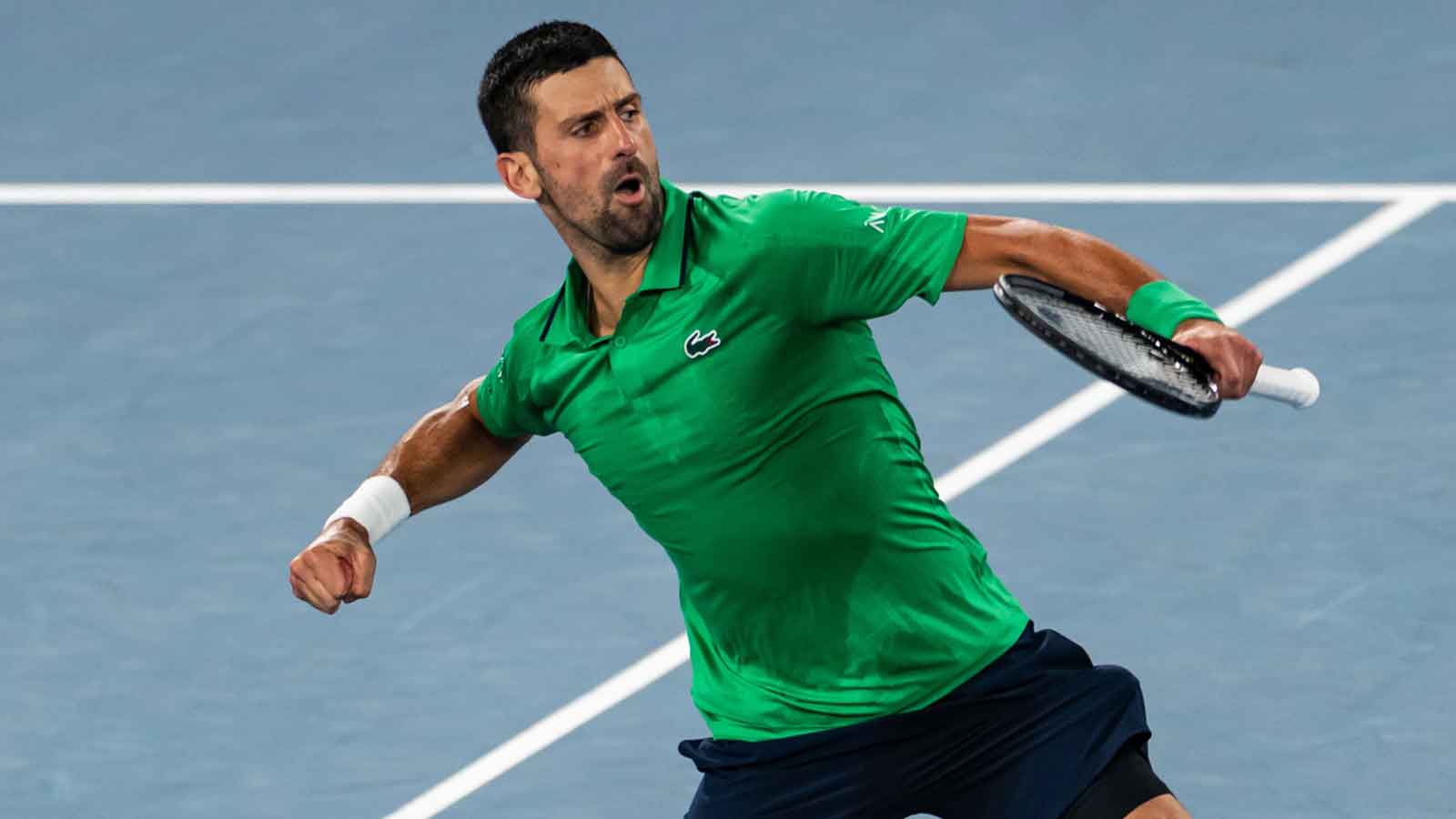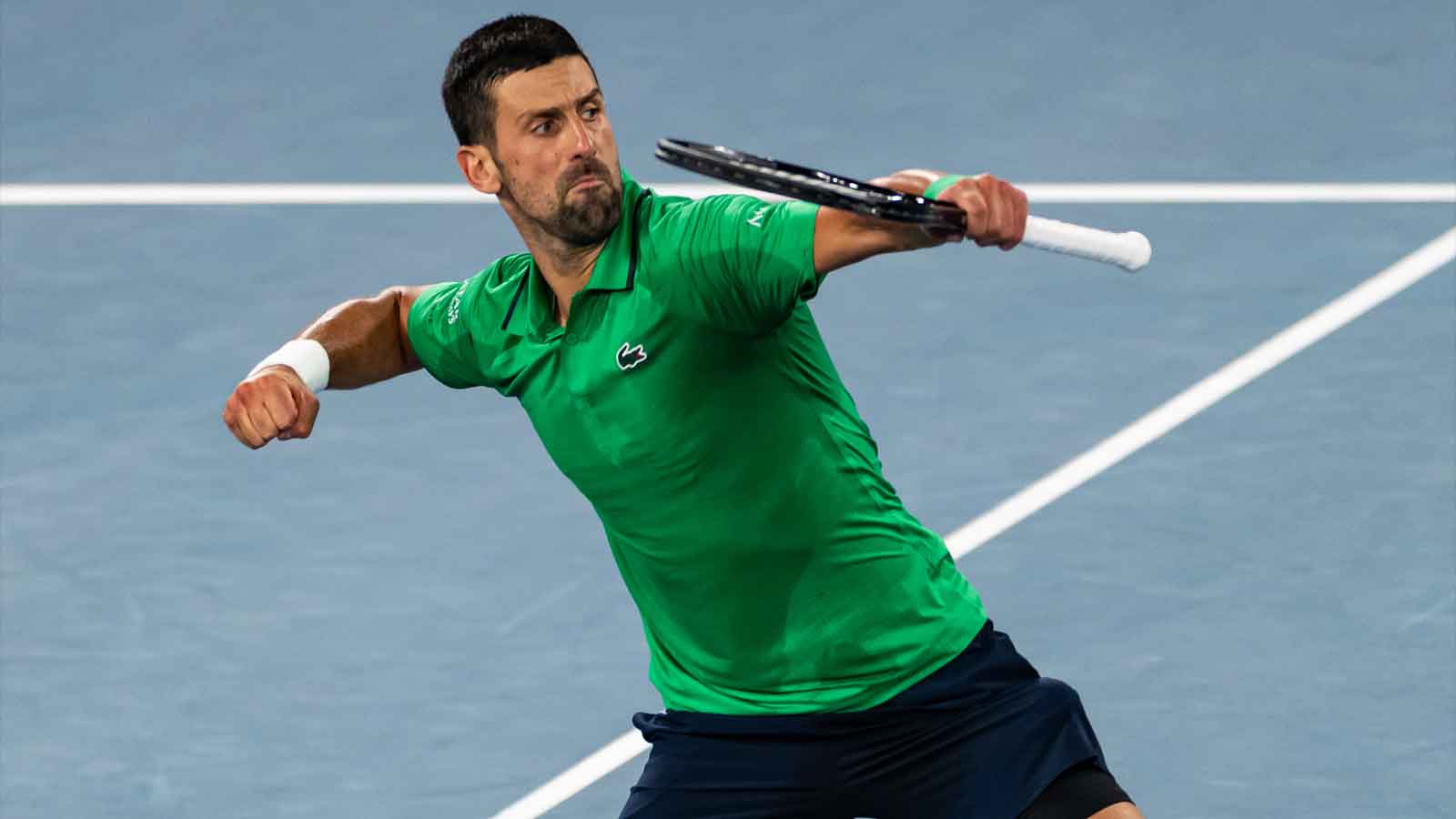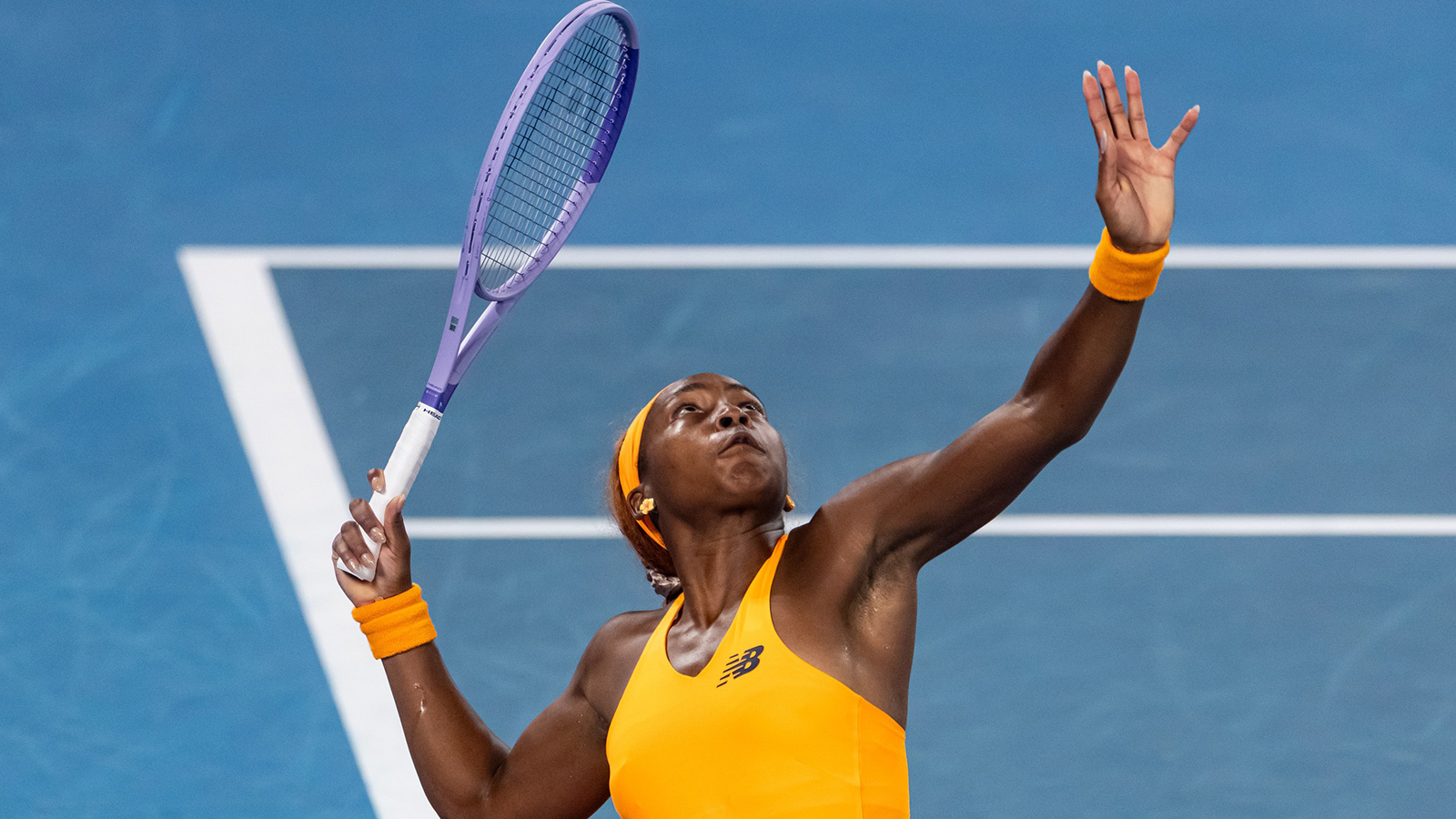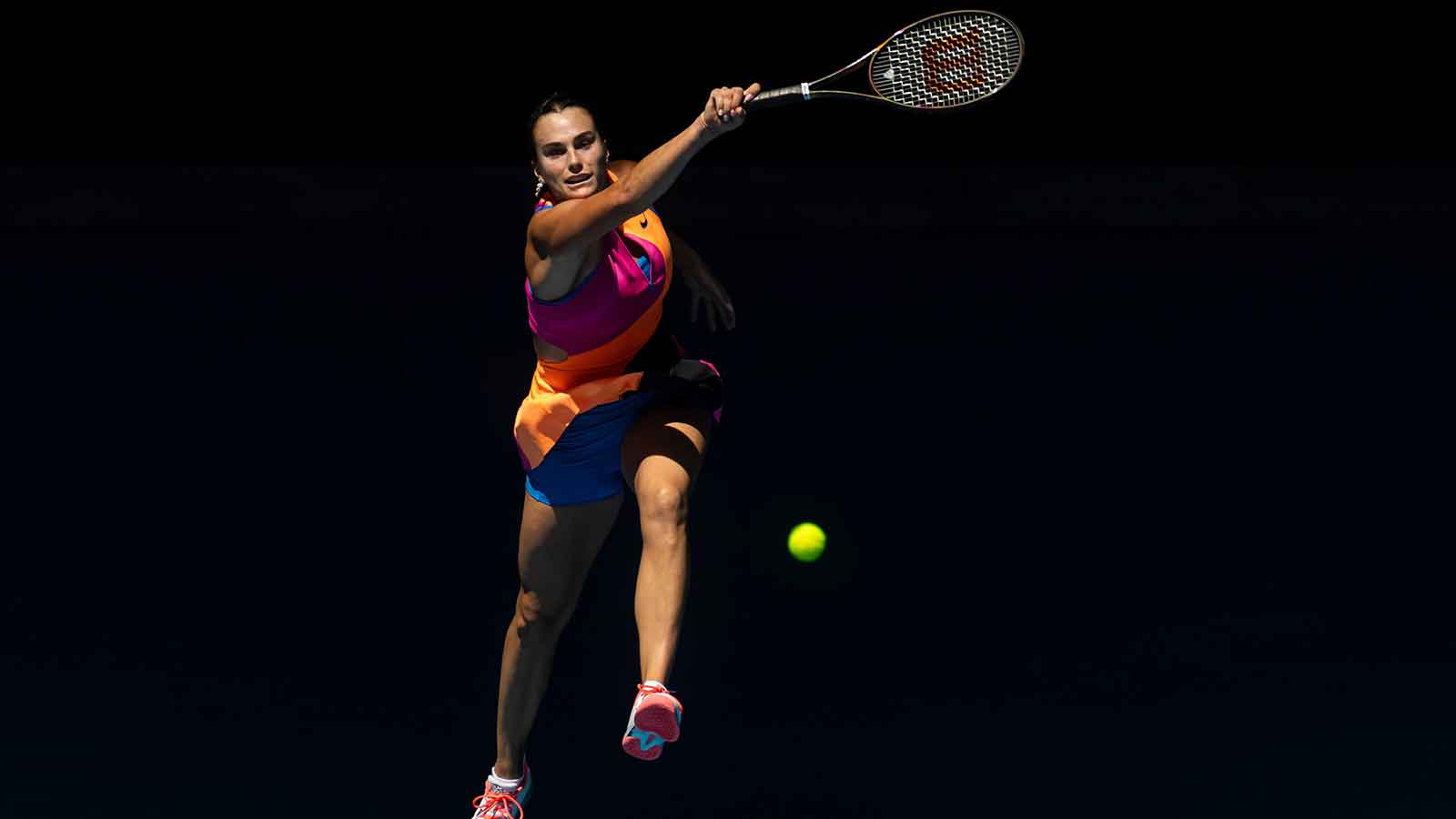The unity among Women's Tennis Association players is more palpable than ever as they press for tour reforms that prioritize their well-being, including requests for a structured maternity leave policy and better injury absence coverage.
Top-ranked athletes, including Iga Swiatek, have voiced their dissatisfaction with current WTA Tour policies. After her second round-robin victory at the WTA Finals on Nov. 1, the Associated Press reported that Swiatek said, “We are not happy with some things,” emphasizing a collective desire for changes that would not impact tournament proceedings or agreements.
“I feel like everything is just based on wanting to have more and more, but not really taking care of our well-being and health,” said Swiatek. “There are some things that the WTA could change for us without any impact on the tournaments and the things that they already agreed with the tournaments.”
Players have taken a stand by sending a detailed letter to WTA CEO Steve Simon and holding discussions with tour leadership. Their demands include a secure income during maternity leave and injury downtime, as well as opposition to the proposed rule changes for mandatory tournament participation.
The WTA has acknowledged the players' concerns. Simon, in a response letter accessed by the Associated Press, stated that dedicated working groups are evaluating aspects such as scheduling, tournament conditions and player well-being, with expected recommendations later this month.
Simon also addressed specific issues frustrating players, like the inconsistency in tennis balls, late-night match schedules and marketing strategies. He assured players that an update on the progress would be provided in the week of Nov. 13.
Reforms supports by WTA stars like Gauff, Jabeur

Swiatek highlighted the unity within the player community, which includes stars like Ons Jabeur and Coco Gauff. This coalition is not only concerned about the increased number of obligatory tournaments but also seeks influence in tour decisions.
“I really feel like we — me and the other players, like, Ons [Jabeur], Coco … and also some players that didn't qualify for the finals — we're really, really united, and we think the same way,” Swiatek said. “So most of us, even the young ones, the older ones, we all know that this is kind of not good that we're going to have more mandatory tournaments. And so we want to really, really have an impact.”
Concerns have also been raised about the marketing and management of the season-ending championship in Cancun. Swiatek noted the lack of spectators at her match against Gauff, attributing it to the late announcement of the location and calling for improved promotional efforts.
The temporary hard court's conditions, hastily constructed on a golf course for the event, have also drawn criticism. Both the quality of the court and its limited availability for practice have been points of contention among players. After her victory, world No. 1 Aryna Sabalenka referred to the situation as “another level of disrespect.”
These complaints are reflective of a broader sentiment expressed at the WTA's marquee event, with players like Wimbledon champion Marketa Vondrousova recognizing the need to use their visibility to highlight the issues, saying, “I feel like we can use our voice now.”









